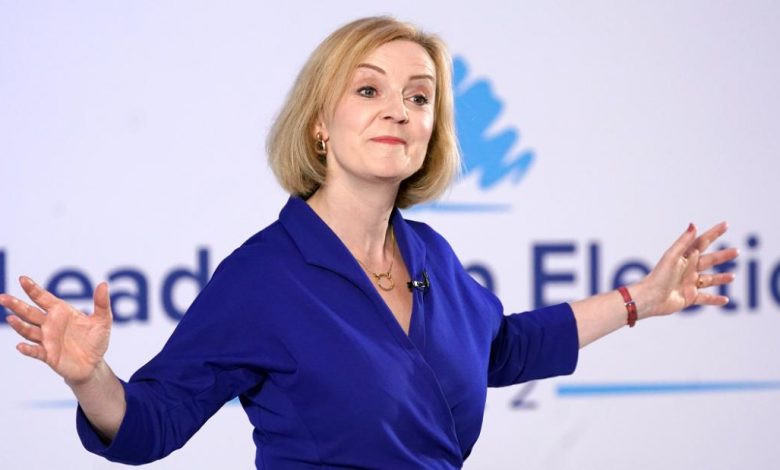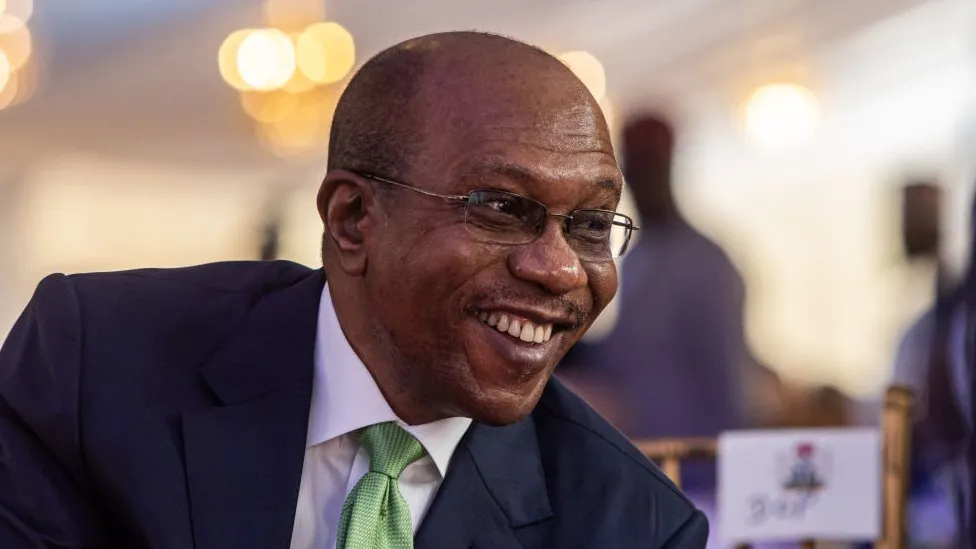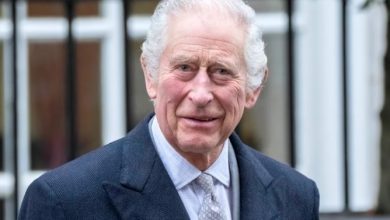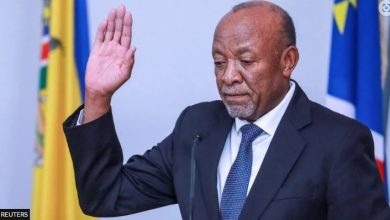Liz Truss named as Britain’s next prime minister

Liz Truss was named as Britain’s next prime minister on Monday, winning a leadership race for the governing Conservative party at a time when the country faces a cost-of-living crisis, industrial unrest and a recession.
Truss won 81,326 votes compared to Sunak’s share of 60,399 votes.
The new prime minister will have a lot in their in-tray. Much of it will be daunting. But one issue will dominate their early weeks in power: the cost of living.
Over the summer, the Treasury has been drawing up a raft of options for the new prime minister to choose from. Tomorrow, the new prime minister will have big choices to make – including whether to opt for a hugely expensive freeze on energy bills
If as expected Liz Truss is the new occupant of Number Ten, she will set out her plans later this week, probably Thursday. She will have around 48 hours from entering Downing Street to telling the country what she plans to do to help with the soaring cost of energy.
All prime ministers face challenges when they take office. But most have a few weeks or months to confront them. The UK’s next prime minister will not have that luxury.
Who is Liz Truss
Mary Elizabeth Truss was born to left-wing parents in Oxford in 1975, the eldest of four siblings. When she was four, the family moved to Paisley, near Glasgow, where her father John, a mathematics professor, was working.
Her mother Priscilla, a nurse, was a member of the Campaign for Nuclear Disarmament and took a young Liz on “ban the bomb” marches where she has spoken of chanting anti-Margaret Thatcher slogans.
Ms Truss has described her parents as “to the left of Labour” and says that although her mother now supports her campaign, she’s not sure her father would vote for her.
The family later settled in the affluent Roundhay area of Leeds, living in a row of now smart Edwardian terraces, where she attended Roundhay school, a state comprehensive that she has claimed let pupils down through “low expectations”. She credits the experience with inspiring her to go into politics.
Former pupils do not remember her as a strong personality. One who was in the same class said she was “extremely clever and generally regarded as a ‘swot’ in the terminology of the 1980s and 1990s”. A former teacher at the school said she was “clever, but you wouldn’t have marked her out”.
The school sent a small number of pupils to Oxbridge every year at the time, and she won a place to study politics, philosophy and economics at Merton College, Oxford.
She has described herself during the campaign as a “plain-speaking Yorkshirewoman”.

Student radical
Drawn into politics as a student, Ms Truss became president of the Oxford University Liberal Democrats and campaigned to abolish the monarchy.
To the dismay of Paddy Ashdown, the party leader, she moved a motion at the party’s annual conference in Brighton in 1994, declaring “we Liberal Democrats do not believe people are born to rule.”
David Laws, later a cabinet minister in the coalition government, was then a junior adviser to Ashdown and said: “I remember Paddy pacing up and down the press room in Brighton and saying, ‘Oh my God, if this motion that Liz is moving, gets passed, that would be the end of the Liberal Democrats’.”
By the time she graduated in 1996, Ms Truss had moved towards the Conservatives, and went to work at Shell and later in government relations for Cable & Wireless.
Lord Robertson of Port Ellen, the company’s chairman at the time and a former Labour defence minister, remembers her ambition, when the Conservatives were in the doldrums.
“She was very interested in politics and was a Tory, and I encouraged her to go for a seat,” he said. “She was smart and fresh-thinking; I said the Conservative Party needs people like you.”
After unsuccessfully contesting two seats in West Yorkshire in 2001 and 2005, she was picked out by David Cameron’s “A list” and was selected for the safe seat of Southwest Norfolk in 2009. By then, she had married Hugh O’Leary, an accountant, and had two young daughters.
Members of the local party tried to have Ms Truss, then 34, deselected for failing to declare an earlier affair with Mark Field, a married Conservative MP.
Her battle with party members in the rural constituency – whom newspapers nicknamed the “Turnip Taliban” – made national headlines for weeks. She eventually won them over in a vote and held on to the seat, but the experience nearly derailed her career.
A political opponent at the time said: “She’s obviously a fighter, she showed real grit when they took her on, and there was an element of prejudice there.”

In government
Ms Truss started climbing the ministerial ladder in 2012 as a junior education minister – and tried to push through some controversial reforms to childcare.
Mr Laws, then schools minister in that department, found her determined to drive her ideas through – whatever the criticism.
“I always found Liz to be a very engaging minister, somebody was pleasant to work with,” he said.
“But she isn’t necessarily one of the world’s best listeners. She tends to speak at people and over them rather than listening to their views.”
On one occasion, he said, she asked civil servants to draw up a list of staff-to-child ratios at nurseries in other countries to support her proposals. But he says the list they produced did not support her view that Britain was an outlier. “She asked the civil servants to delete that bit from the briefing,” Mr Laws said.
He recalled her manner when she travelled to Moscow in February as foreign secretary: “I remember her having that meeting with [Sergey] Lavrov, the Russian foreign minister, and he described it as a dialogue of the deaf.
“While I’ve got no sympathy obviously with the Russians, I can imagine how that must have been… she sort of ploughs on and on and on. I had to smile.”

In cabinet
As environment secretary, her first cabinet post, she became known for an awkward speech in which she described Britain’s cheese imports as “a disgrace”.
But more revealing are her speeches and articles campaigning for Britain to remain in the EU alongside Mr Cameron and George Osborne in 2016.
“It’s in all of our interests to communicate the real impact on the ground… on jobs on livelihoods, because what we know is less trade would mean fewer and fewer investments,” she told an audience at the Food and Drink Federation.
Her change of heart on Brexit, and, as trade secretary, energetic pursuit of deals, many of them rolled over from Britain’s EU membership, attracted admirers from the right of the party.
As foreign secretary, she has taken a hard line on Russia, raised the alarm about the threat from China and helped secure the release of Britons held in Iran.
She is passionate about economic issues, and colleagues say it was at the Treasury that her ambitions and image really took off.
Sonia Khan was special adviser to Philip Hammond, the chancellor, when Ms Truss was appointed chief secretary to the Treasury in 2017 – having been demoted by Theresa May after a difficult spell as justice secretary.
“I think the Treasury was the making of Liz, it was where she gained so much confidence after losing her justice job,” she said. “She came into her own and revitalised her image. You saw the floral outfits disappear and you saw her wear power suits, and really bold colours, which I think reflected a newfound confidence.
“It’s where she discovered social media. She’d found a space to cultivate who she is. She’s funny, she’s quite good with puns, she’s got an eye for making sure a picture looks good.
Ms Khan says her status as “queen of Instagram” boosted her profile within the cabinet. “It was very clear that she had this very, very keen political eye for the policies that she wanted to own and promote on social media.”
On taking the Treasury job, she tweeted: “I aim to be to the disruptor-in-chief”, saying she wanted to cut red tape and empowering families and businesses.
As prime minister, she’s promised radical measures to tackle the cost-of-living squeeze within a week of taking office. Allies say she has the inner steel to drive them through.
But inheriting a grim outlook, and a party deeply divided by this contest, she won’t have long to win over some of her colleagues and the public.





